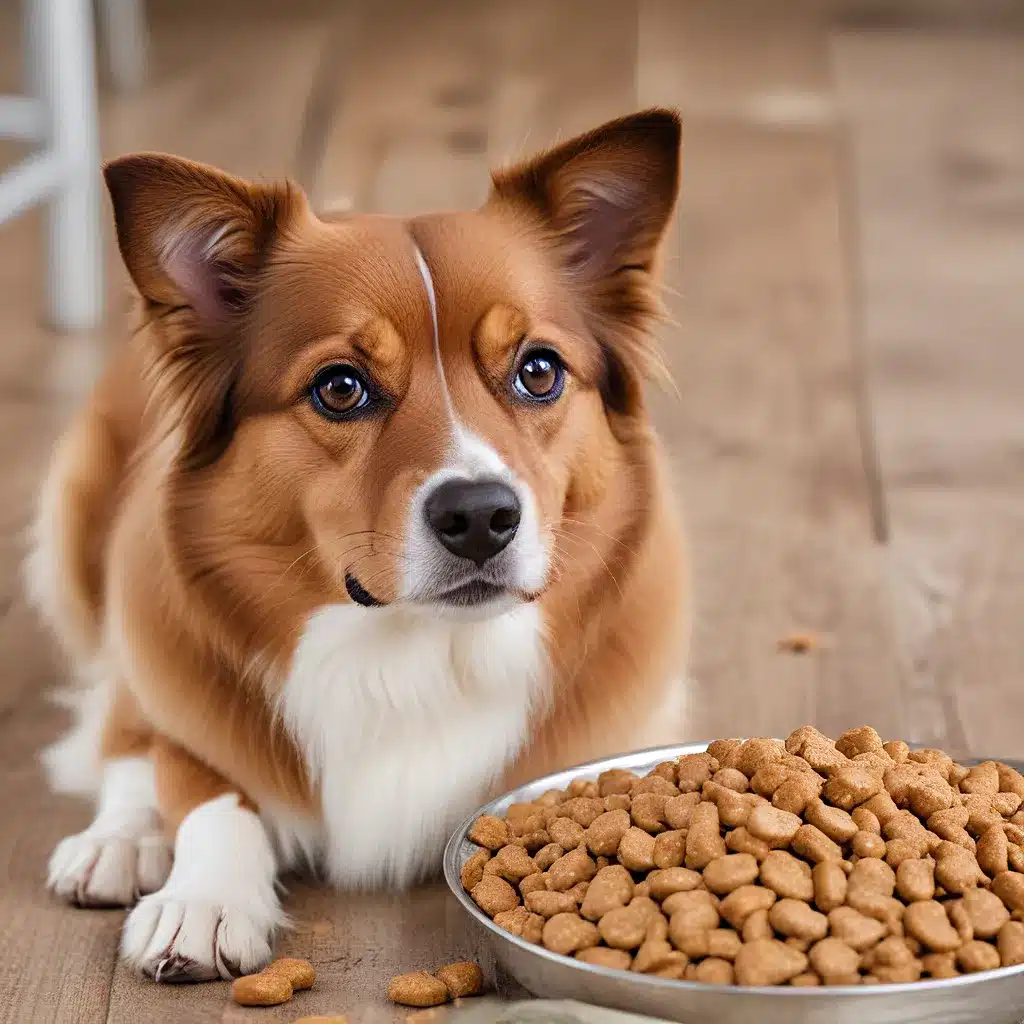
Myth #1: Homemade Pet Food is Healthier
You know those adorable Instagram accounts showcasing homemade pet food recipes? While they may look scrumptious, the truth is that DIY dog and cat chow is not necessarily the healthiest choice for our four-legged friends. Unless you happen to be a veterinary nutritionist, the odds of you creating a balanced, complete diet are pretty slim.
You see, crafting a nutritionally adequate homemade pet food is no easy feat. A 2013 review of 200 online recipes found that a mere 5 of them provided the minimum amount of all the essential nutrients for dogs. That means the vast majority were missing crucial vitamins and minerals like zinc, choline, copper, and key omega-3 fatty acids.
“Nutritional adequacy is lacking in almost all homemade diets found online or in books,” warns veterinary nutritionist Jennifer Larsen. So while the thought of Fido feasting on your famous meatloaf might be appealing, it could actually deprive him of the building blocks he needs to thrive.
Myth #2: Leftovers Make Great Pet Food
Who doesn’t love a good scrap of human food now and then? Our pets certainly do. But as tempting as it might be to toss them those leftover scraps, the truth is that many people foods can be downright dangerous for our furry friends.
Foods like onions, garlic, grapes, raisins, chocolate, and xylitol (a common sweetener) are all highly toxic to dogs and cats. Eating them can lead to everything from gastrointestinal upset to organ failure and even death. And even “safe” foods like cheese, bread, and butter can cause pancreatitis if consumed in large quantities.
So no matter how much those big puppy dog eyes plead with you, it’s best to resist the urge to share. Stick to their regular pet food and treats – your vet can recommend options that are genuinely healthy and suitable for your individual pet.
Myth #3: Raw Diets are Risk-Free
There’s no doubt that dogs and cats love to sink their teeth into a juicy raw steak or chicken leg. But before you jump on the raw food bandwagon, you might want to consider the potential risks.
For one, raw bones can easily crack or splinter, potentially causing obstructions or lacerations in your pet’s digestive tract. They can also break teeth, which can lead to painful infections. And then there’s the issue of foodborne illnesses – raw or undercooked meat may contain harmful bacteria like Salmonella, Listeria, and E. coli.
The American Veterinary Medical Association (AVMA) warns that “several studies…demonstrate that raw or undercooked animal-source protein may be contaminated with a variety of pathogenic organisms” that can make your pet sick. So while the idea of a primal, carnivorous diet might seem appealing, it’s important to weigh the pros and cons carefully before making the switch.
Myth #4: Dry Food is Better for Dental Health
You’ve probably heard that dry kibble is the way to go for maintaining healthy teeth and gums in pets. After all, the crunchy texture is supposed to help scrape away plaque and tartar, right? Unfortunately, that’s not quite the full story.
The truth is, dry food can actually contribute to dental problems by getting stuck in your pet’s teeth. This can allow bacteria to build up and lead to plaque and tartar formation. And while some kibble brands claim to offer “dental benefits,” the evidence for their effectiveness is lacking.
On the other hand, raw bones and certain dental chews can be more effective at keeping teeth clean. But as we mentioned earlier, raw bones come with their own set of risks. The bottom line is that there’s no one-size-fits-all solution when it comes to pet dental care. Work closely with your vet to find the best approach for your furry friend.
Myth #5: Vegan Diets are Suitable for Pets
With the rise of plant-based eating among humans, it’s no surprise that some pet owners are curious about putting their dogs and cats on a vegan diet. But the truth is, these diets are not ideal for most of our four-legged companions.
You see, cats are “obligate carnivores,” meaning they require certain nutrients that can only be found in animal-based foods. Without access to meat, poultry, or fish, they risk developing serious deficiencies in vitamins A and B12, as well as the amino acid taurine – all of which are essential for their health.
While dogs are more adaptable and can theoretically thrive on a well-planned vegan diet, it requires a lot of careful research and supplementation to get the balance right. As veterinary nutritionist Lisa Freeman explains, “I’ve seen more cases of nutritional deficiencies due to people feeding unconventional diets like vegetarian diets.”
So unless you have a deep understanding of your pet’s unique nutritional needs, it’s best to stick to a high-quality, balanced commercial pet food that contains the right mix of proteins, fats, and carbohydrates. Your vet can help you find the perfect formula for your furry friend.
In the end, the world of pet nutrition is full of misinformation and myths. But by arming yourself with the facts, you can make sure your beloved companion is getting the nourishment they need to live their happiest, healthiest life. And who knows, maybe you’ll even discover a new favorite treat that’s both delicious and nutritious!
The Pet Rescue is here to help you navigate the complex world of pet care. Visit our website today to learn more about our adoption services, educational resources, and other ways we’re supporting animal welfare in your community.


